Charles Pakana (Victorian Aboriginal News): Over recent weeks, we’ve seen the launch of various yes and no campaigns, each as expected, promoting their own key messages with regard to the forthcoming referendum on a constitutionally enshrined First Nation’s voice to parliament, it isn’t just the formal campaigns, though. At all points of the political spectrum, our elected officials are pulling out all stops and over the coming weeks, we’ll be speaking to many of those leaders. Today, joining me on the program is the Honourable Ged Kearney, the House of Representatives member for the Melbourne seat of Cooper, and currently serving as the Federal Assistant Minister for Health and Aged Care. Minister, thanks for your time today.
Ged Kearney, MP: It’s my pleasure, Charles.
Charles: Minister, it’s not even 10 months out from the last federal election and you and your colleagues are once again out on the hustings. This time promoting a yes vote for the referendum. When it comes to the referendum and the campaign, what is it in a day of the life of the member for Cooper?
Ged: Oh, there’s so many things to do when it comes to the referendum, Charles. I find myself going to schools because a lot of particularly year 12 students will be eligible to vote by the time the referendum comes around. And I really want them to understand what it’s about and how a referendum works. It’s about going to our migrant communities who may have heard different things about it, or who simply haven’t talked about it at all, but of course will have the opportunity to vote. It’s about talking to the general community. As you know, we had a barbecue where nearly 300 people turned up one Sunday, which was fantastic. Linda Burney was there and Jill Gallagher was there. And that was really about telling people why a voice was important. And Jill took us through what’s happening in Victoria where your listeners will know that we have the First People’s Assembly in Victoria, which acts pretty much like a voice.
So that was really important about her explaining that. And then Linda explained how the Uluru Statement is taking us to a Voice in the Constitution. I do street stalls where we stand on corners with the gorgeous – I don’t know if you’ve seen them – but we’ve got these lovely picture frame type of things…
Charles: Yes.
Ged: …where people can have their photo taken inside the picture frame. And we talk to people about the voice that way. We are having phone banks where we think we’ll sit down and just call people in the electorate who have written to us or asked us for more information so that we can actually have a one-on-one conversation rather than just send them an email or a brochure. So we are doing a lot to really talk to people about why I think a constitutionally enshrined Voice to Parliament is incredibly important.
Charles: But regardless of where you stand it’s fairly obvious that there’s an enormous amount of confusion on this matter. We’re seeing clear differences of opinion between state and federal branches of political parties, divisions within organised religious groups; and look, as we saw in the Republic Referendum and even in the 2017 same-sex marriage plebiscite, the confusion reigns supreme as does misinformation. So just where are Australians expected to obtain clear and truthful information about the various matters pertaining to the referendum?
Ged: Yes, it is a shame that there is division because the first thing that I would like to say is that this isn’t a bright idea of the Australian government. This came out of a dialogue that happened right across First Nations communities. There were 12 large meetings. These dialogues took place right across Australia in hundreds of communities. There was a national convention at Uluru with over 250 delegates. And they wrote and signed the Uluru Statement from the Heart and came to us as Anthony Albanese says, “With an extraordinary generous offer, gesture to take this up.” So I think that that’s important to know. This wasn’t dreamed up by Anthony Albanese or me. This was First Nations people telling us that this is what they want after a very long process.
I think if people really want to get the facts, there’s the side of politics that say, “Oh, it’s going to create a third chamber, or it’s racist, or why don’t I have a special voice to parliament?” I think there’s a lot of information out there that can explain to you how we came to this situation in a colonial Australia. About why a constitutional voice is important, and then there are people that are worried that it will cede the Aboriginal sovereignty, that it’s not going to be strong enough that it’s not going to do what it says it’s going to do. And I think there’s a lot of information that people can get to explain just why a constitutionally enshrined voice to parliament is important. It’s something that can never be taken away, only by another referendum. And it’s there forever and it’s incredibly important to the people that asked for it. So there’s lots of resources they can go to. Yes 23, which is the latest one that’s yes23.com.au. There’s the NIAA, the National Indigenous Australians Agency at voice.niaa.gov.au. There’s the wonderful Uluru Statement folk who have gorgeous social media and you can follow them. I think it’s called Uluru Statement or Uluru from the Heart. Now I’m not being very clear am I?
Charles: That’s okay. We’ll carry the link on our website for this.
Ged: Yes, yes. That they have wonderful social media really going into communities, talking to First Peoples about exactly what it means to them. And I think it’s really gorgeous. And of course, just really follow the political debate. You listen to Linda Burney, Pat Dodson, we have Malarndirri McCarthy right here in my own electorate, there’s the wonderful Senator Stewart, Jana Stewart. So we have some really wonderful First Nations people in our parliament right now.
Charles: But if we look at the other side of the coin, there are constant calls from the Opposition and other parties for more information about how the voice will actually function. Now, while the 2021 co-design report from Professors Calma and Langton provided proposed detail based on the work of the three co-design groups, there is a degree of legitimacy in this call. I mean, after all, this is a major change to the Constitution. So how does the government respond to these constant calls for more detail?
Ged: Unfortunately, I think the call for detail is a bit of a red herring in many ways because it loses sight of what the overall question to the Australian people is. And that is: “Do you support a First Nation’s voice enshrined in the Constitution? I think that that is a main overarching question that we want the Australian people to answer from their hearts. Do you think this is a good thing? And then what we know is that after that, hopefully people will support that concept and vast majority of people at this point do support that concept. We will work out exactly what that means through the parliamentary process. There’ll be debate, there’ll be consultation. And as you mentioned, there’s already been a lot of work done, particularly with First Nations communities about what they think it would look like. And that’s a wonderful report. It’s a bit lengthy. I don’t expect your listeners to go away and read it,
Charles: 277 pages, yes.
Ged: It’s a very lengthy report, but it does really hold the crux of what it could look like. And it’s a good starting point I think, Charles. So the message here is just we can work that out with everybody, with Peter Dutton, with the National Party, with everybody. Once people agree, the starting point is there should be a voice that’s constitutionally enshrined and can never be taken away.
Charles: When you made mention of the fact that there will be debates within Parliament, this will go on for a long time obviously, and then there’s going to be legislation that’ll need to be passed on this going forward. The fact is that for a great number of people, the electorate and politicians, this can be a very personal matter. How important do you believe it is that the various party leaders allow for conscience voting with regard to the various related bills that will be presented to Parliament, they lead up to the referendum, and subsequent to that, the formation of the voice?
Ged: Goodness. Now that you’ve raised a very good question, Charles one, which to be honest with you, I haven’t honestly turned my mind because the Labor Party, we know that we are one on this. We are all absolutely committed to the voice and it’s passing not only the referendum, but then sorting it through the parliamentary process. I know there are other parties, like we saw the Greens have division. We know the Coalition has various views, so whether or not they have a conscience vote will be entirely up to them.
Charles: And let’s finish off with what are some of the top questions, some of the real curly questions that you are being asked by community?
Ged: Well, there are those concerns around sovereignty, which Pat Dodson and Linda Burney have said very clearly that this does not seed sovereignty. I mean, really the only people that conceive sovereignty are First Nations people themselves. So this won’t do that categorically, we’ve had many legal and constitutional views on that. And also from the Uluru dialogue folk themselves, people also ask me on the other side, oh, will they have a veto? Will they be able to stop laws being made? Well, clearly, no, it won’t have a veto. That job will be to advise parliament and advise government on laws that are being made from the get-go. See, right now we make laws and then we go out and say, “Oh, how did that work?” Get feedback. So this is from the get-go, I get asked if it’s not going to have a veto, then is it just going to be a wet lettuce and not have any power at all? Well, people ask me that. I say, “Well, absolutely not. This is enshrined in the Constitution. They have an absolute right to be there. They’ll be at the table.”
So they’re the sorts of questions that I get asked a lot, how will it affect me? A lot of people ask me, and I often look at these people who are not First Nations and I say to them, in all honesty, it will probably not change your life one iota. However, for a lot of people it will make a huge difference and just may make Australia a much better place to live.
Charles: Yes. Seems there are echoes of the native title debate within community. How will that affect me? Will I lose my house and land?
Ged: That’s right. And it’s a bit of a nonsense question really, as you and I know, but still, this is what people ask me. And then of course people bring up the question of treaty, like, shouldn’t we do treaty first? And as Linda Burney says, “We can start working towards treaty at any point in time, but the Uluru Statement from the Heart asked us to do this first. This is not our making. This is what they have asked us to do first.” And Jill Gallagher was quite interesting when she explained it in Victoria, the first peoples here said, “Well, we need a negotiating body. We need someone that can negotiate treaty on our behalf.” And they elected the First People’s Assembly. So you kind of get why they would.
Charles: You mentioned earlier that the First People’s Assembly Victoria was essentially a local voice. And just on that matter, and I know I said that the previous question was the last, but this is the last one. Is there much understanding from your experience within the community about the voice not being just a national voice, but there being local and regional voices right across the country?
Ged: I think that you are right. That was a question. And I think it is becoming more apparent. You might have seen in the news recently that South Australia have announced that they are going to go down the pathway of having a voice to parliament with a view to negotiating treaty in South Australia. The Queensland government has said a very similar thing. I think people are starting to realise that the national voice will work in tandem, if you like, or parallel with these regional assemblies or regional voices, which is a great thing. I mean, the more representation I think the better, and the better the country will be that there is one thing that I’d like to raise that was raised with me by an Victorian Elder.
Charles: Sure.
Ged: A wonderful Auntie. And she said to remember that here we all are discussing much like the Marriage equality referendum, how that affected people in the LGBTIQA community because we were discussing their lives and their rights and trying having a say.
Charles: Absolutely.
Ged: I think we have to remember that this may trigger some feelings, some concerns. It might even be upsetting in some ways to our Aboriginal communities out there. And I think we just have to be cognizant of that.
Charles: And on that note, Minister, thank you so much indeed for your time.
Ged: My great pleasure, Charles. Thank you.


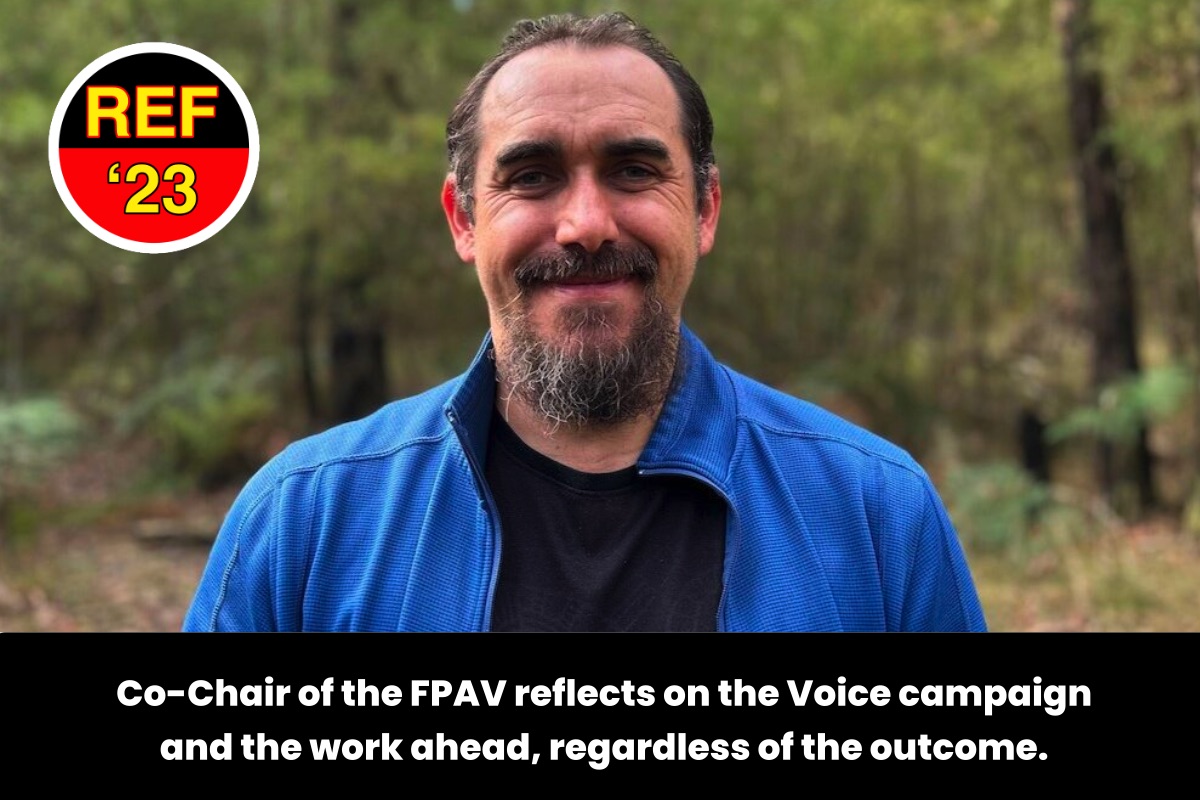
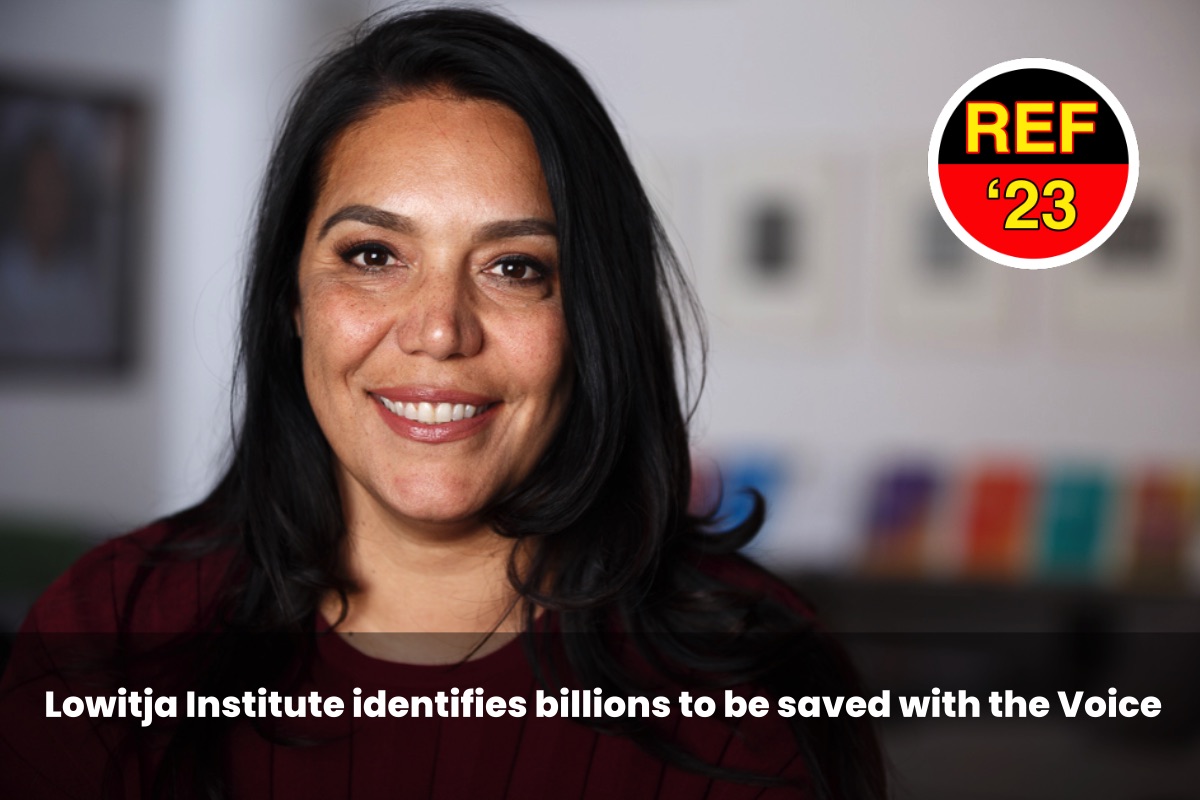
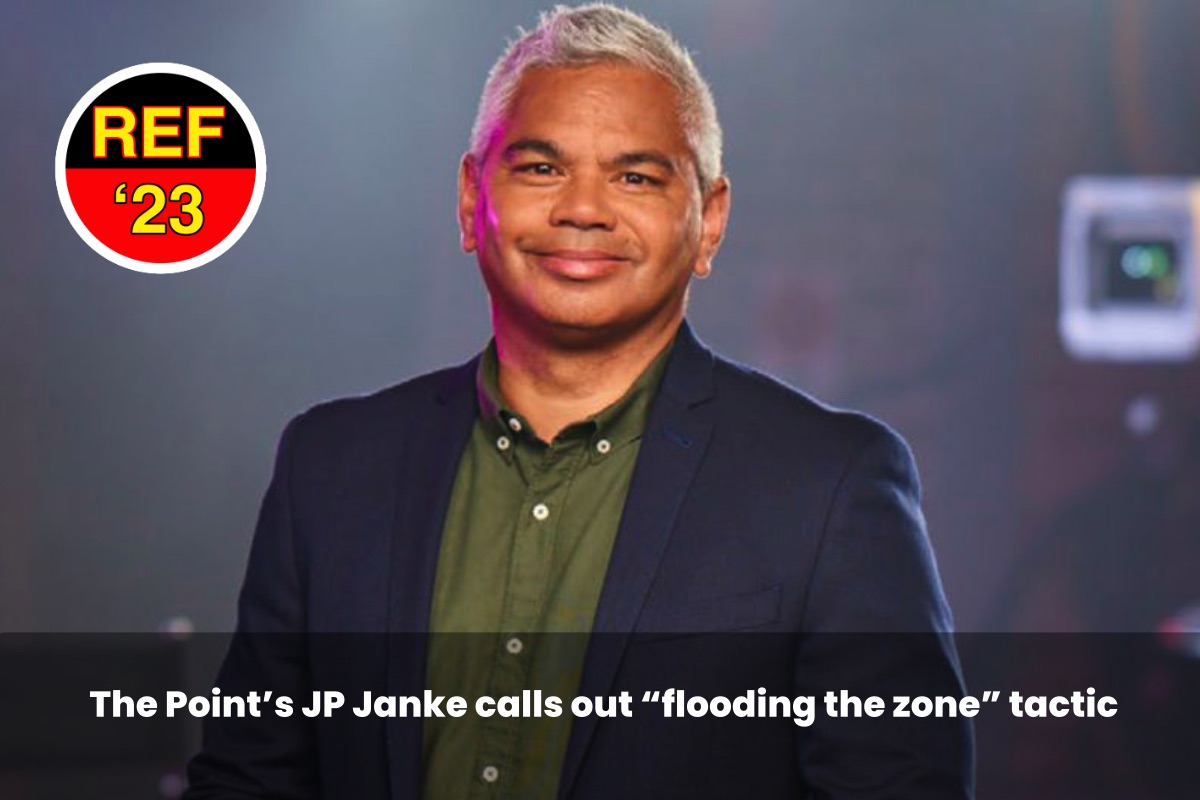
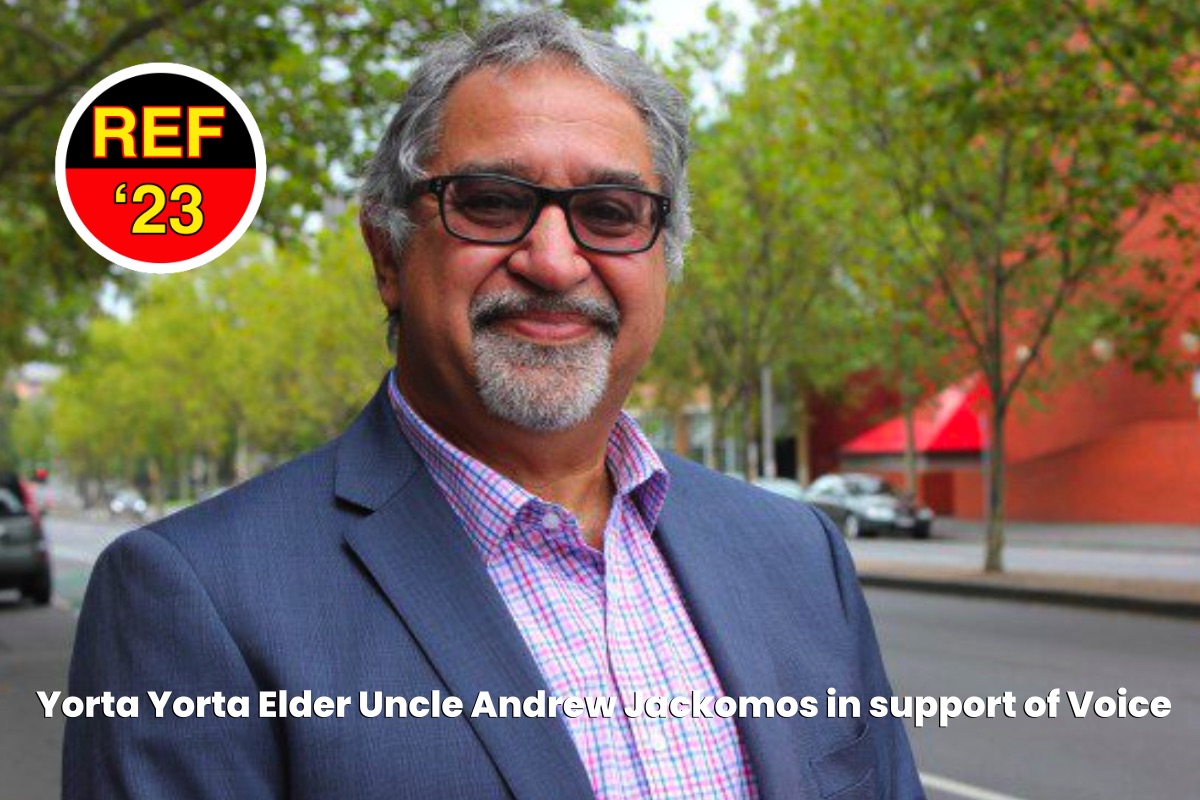
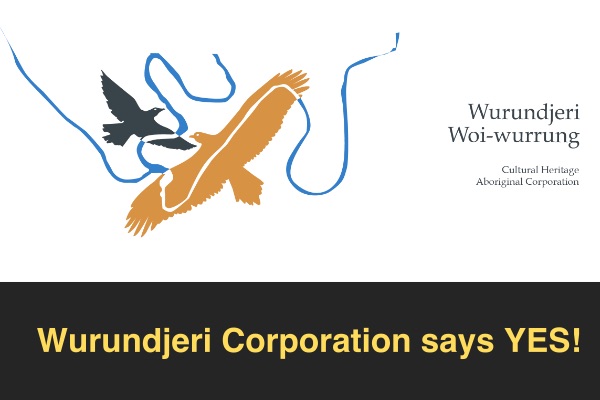

0 Comments